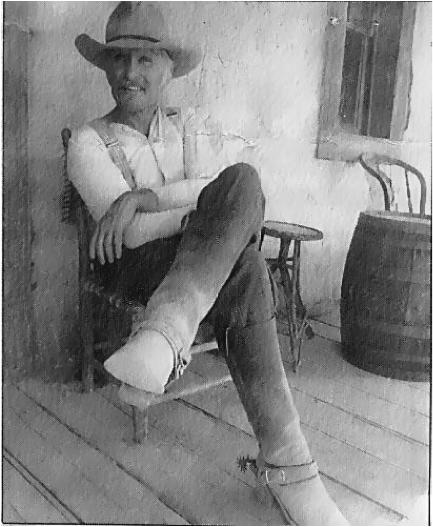
If someone is being extremely rude to a counter person at the airport, should you say something?
If you’re at a football game and someone is standing up and blocking another person’s view despite his requests to sit down, should you say something?
It’s an interesting dilemma, as it treads upon a very fine line. And I know I’m not the only person to have ever been in this kind of situation.
The thought process goes as follows:
“¢ By confronting the aggressor, would my involvement actually influence their future behavior?
“¢ If I were to step in, would the victim actually feel that much better?
“¢ And what about me? How could my potential involvement affect my own sense of well being? Am I getting all worked up for nothing?
Here’s a personal story I dealt with. Some time ago, I was at a dog park with my wife and some friends, when we noticed a nine-year-old boy wreaking havoc on the park. He was squirting strangers with his water gun and seemed to enjoy it. His parents didn’t seem to notice, but again, he was nine years old and it wasn’t that out of control.
Enter this 70-year old and visibly infuriated woman yelling at the kid to stop. The first ten seconds weren’t that bad; “You need to stop!” etc. But then she continued, “You are bad! A bad child!” And then, if you can believe it, this lady grabs the kid’s shoes and walks away, shouting, “These are my shoes now!”
In my mind, this was a grown woman abusing a nine-year old kid, so I decided to step in and ask her to collect herself and leave the kid alone. She didn’t seem to appreciate my approach, and starting going off on me, and before I knew it, I found myself getting in a heated verbal exchange with a 70 year old woman, ending with her leaving both myself and the kid alone.
When I look back on this, I definitely could have gone about it differently to avoid a screaming match with a 70-year old woman. I’m glad I decided to get involved but I could have gone about it in a more productive way. It would have been much easier and a lot more beneficial to have walked up to the kid instead, and said, “Hey kid, don’t listen to this lady, she’s not a nice person. Let’s go find your parents and they’ll get your shoes back, don’t worry.”
There is a fine line on when and how to get involved, and my story perfectly illustrates just that. Too often, people have a tendency to see confrontations as negative acts, and they use this mindset to justify not getting involved in unjust situations. On the other side of the spectrum, there are people who have a tendency to see “unjust situations” in more places than they exist, and use this mindset to justify getting in other people’s business, projecting their own insecurities.
Regardless of personal decisions in such situations, active consideration and thought are extremely valuable, because although sometimes we mix it up, when we shouldn’t, other times, we don’t get involved in situations, when we should.
